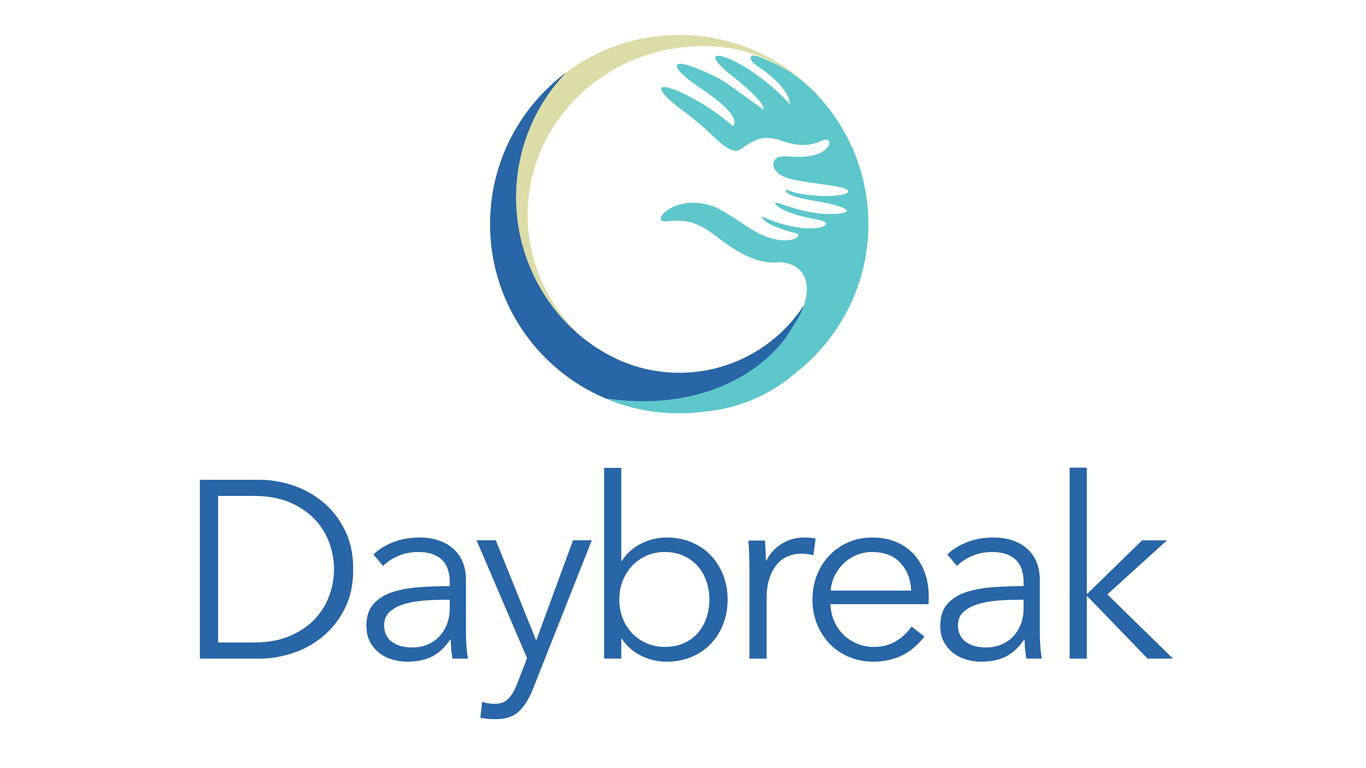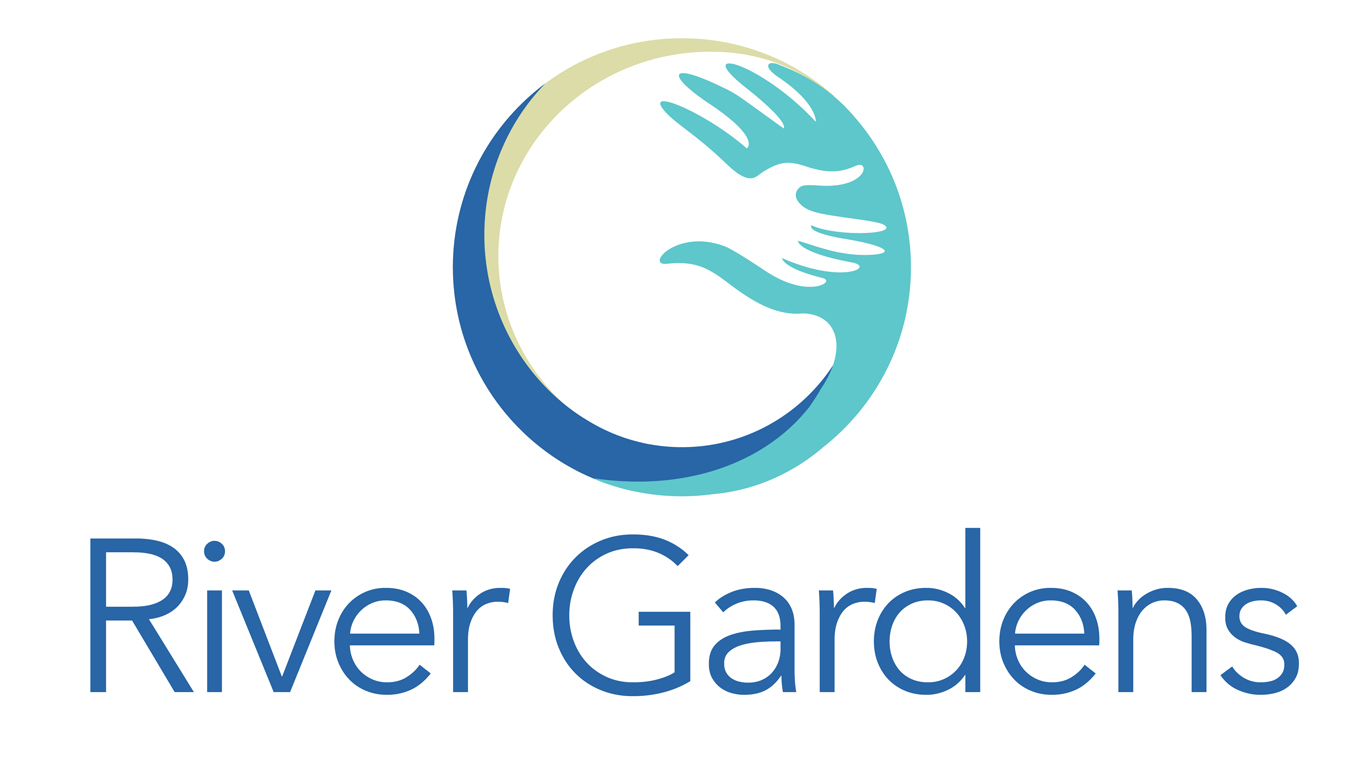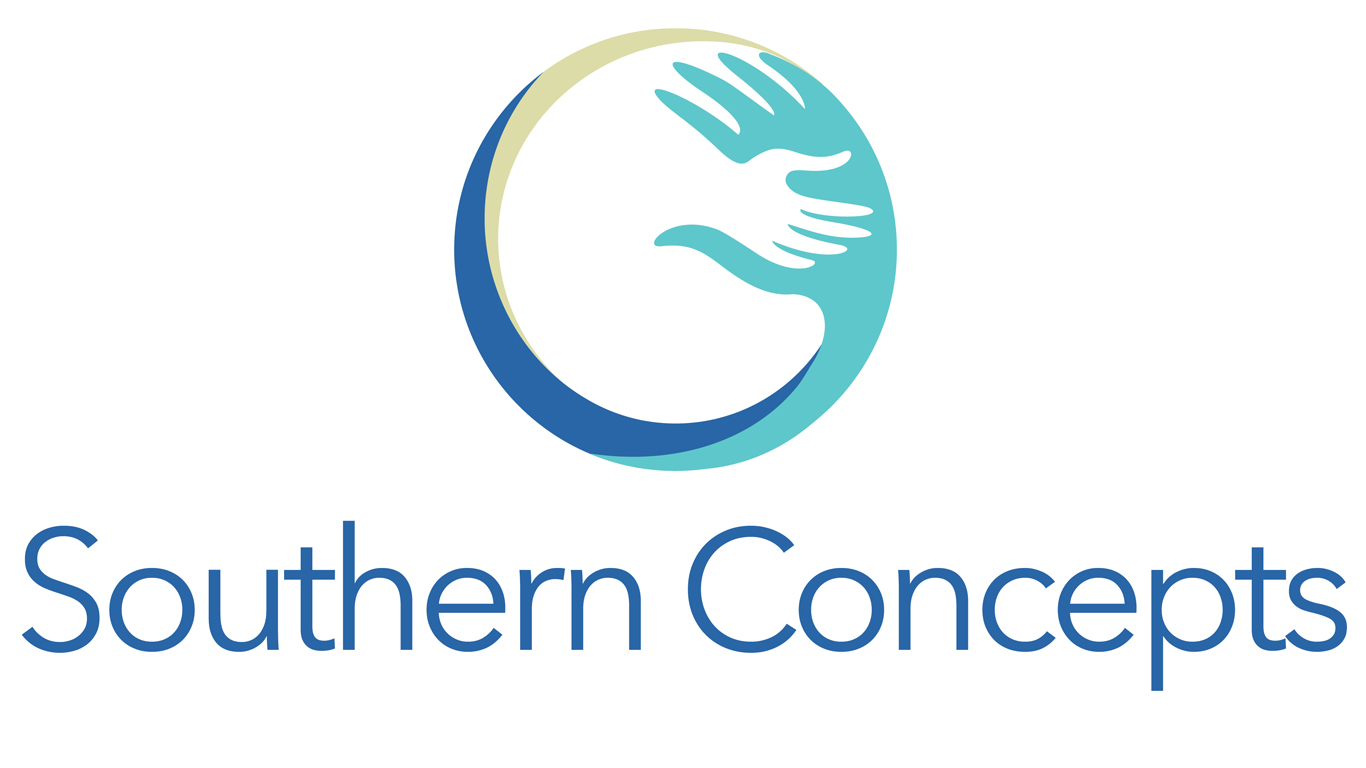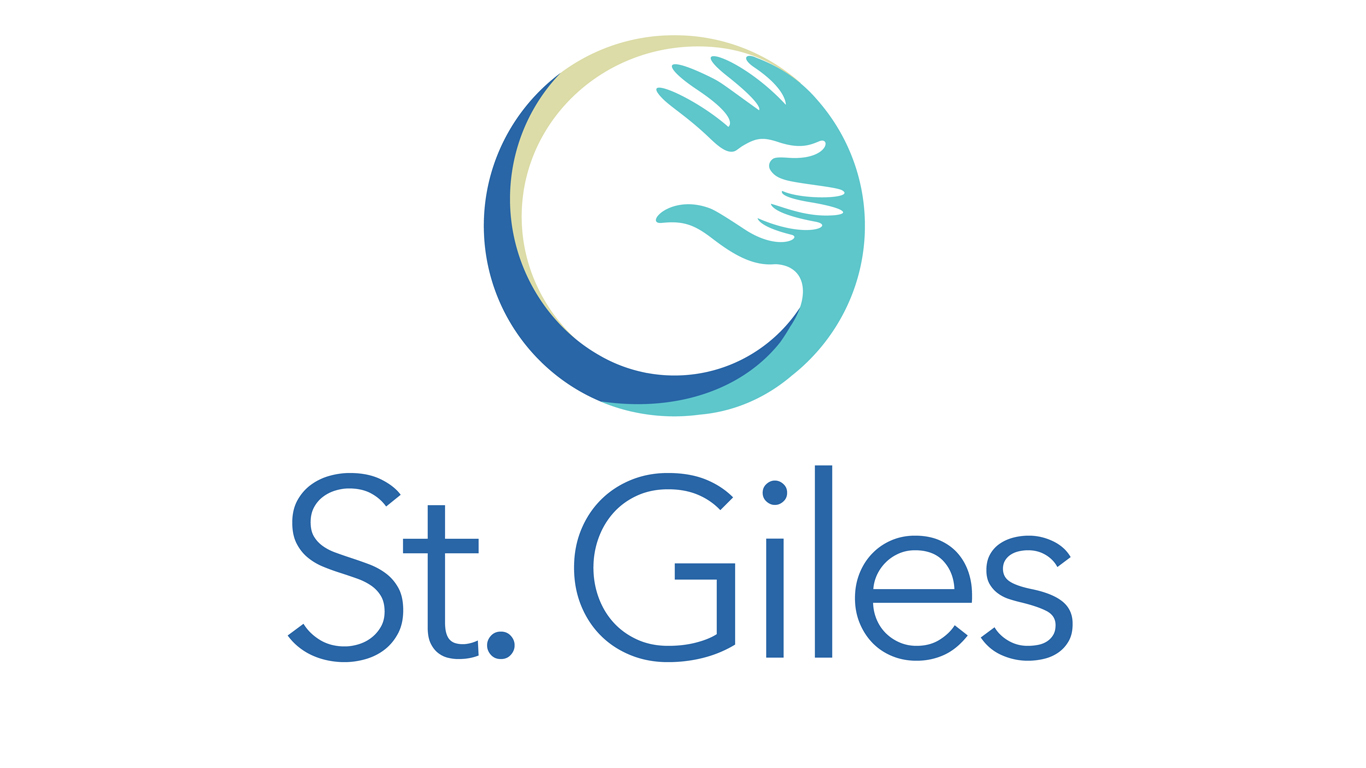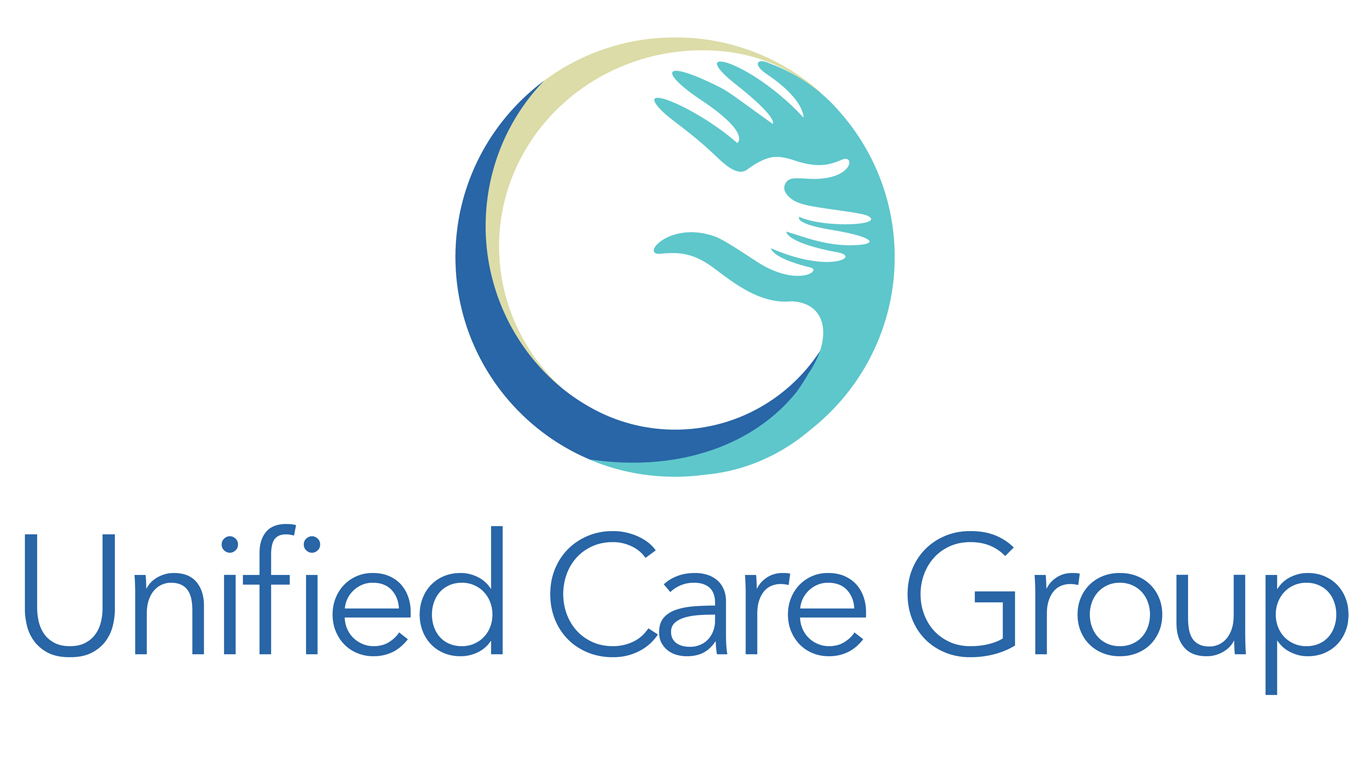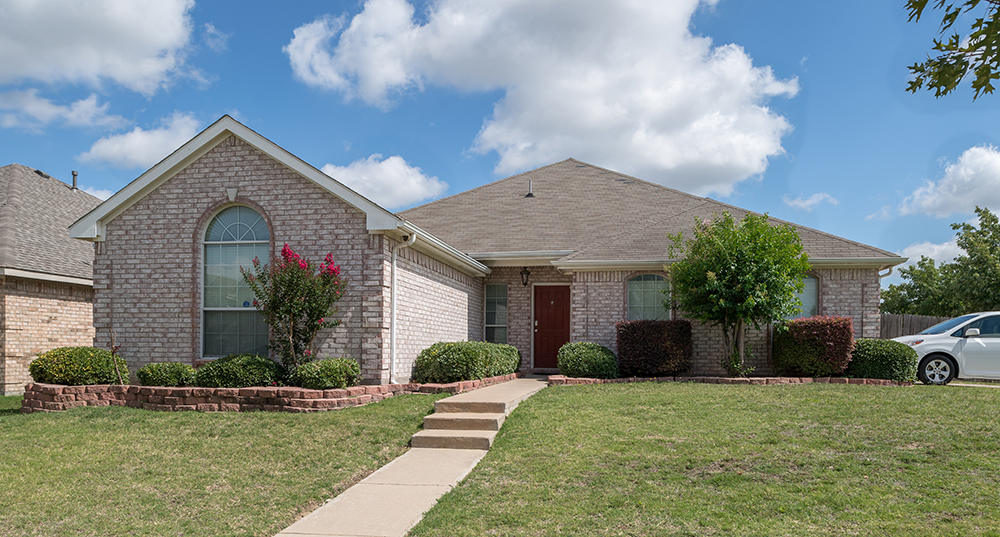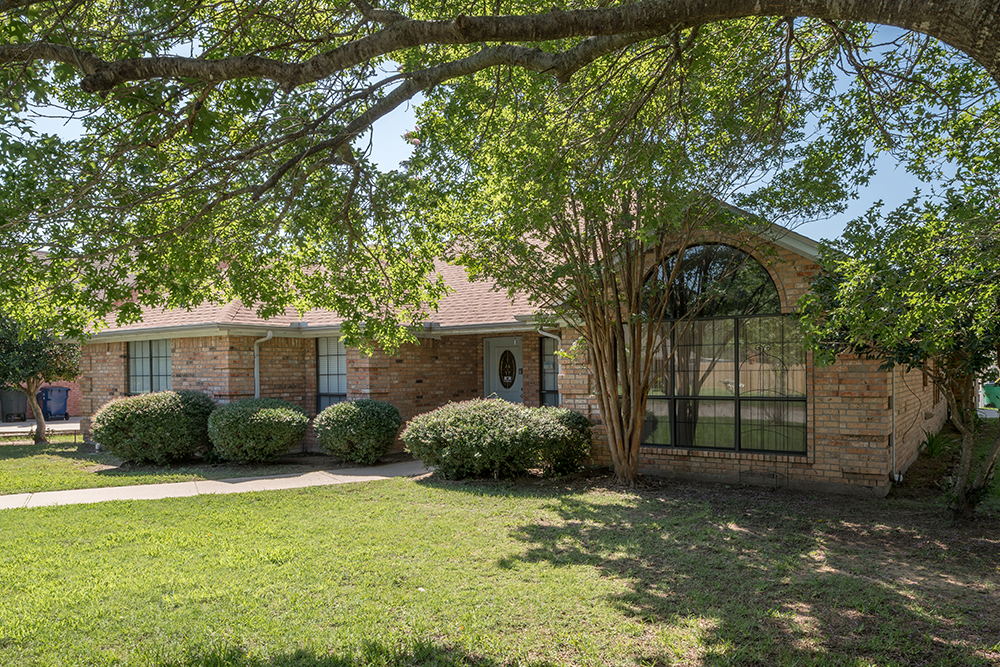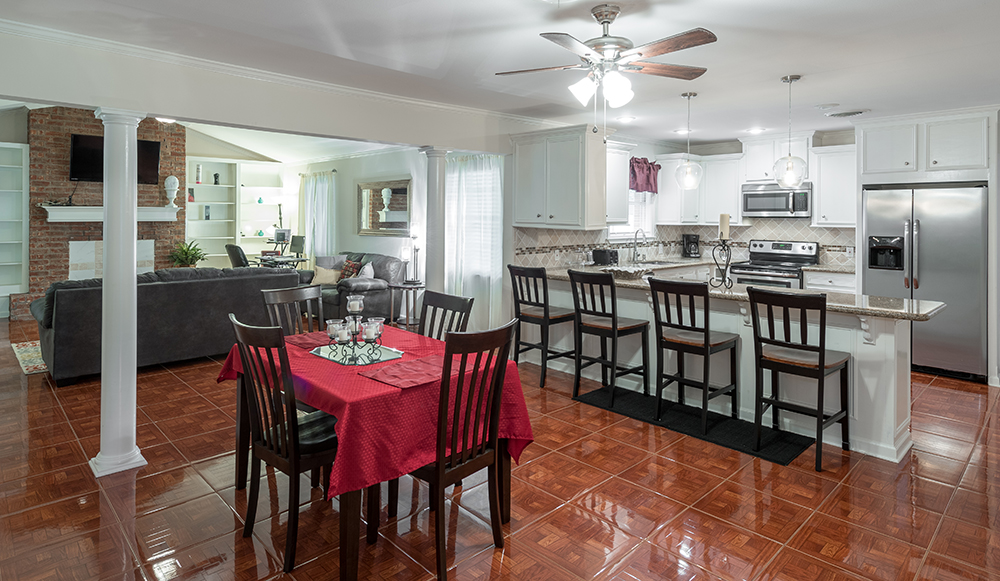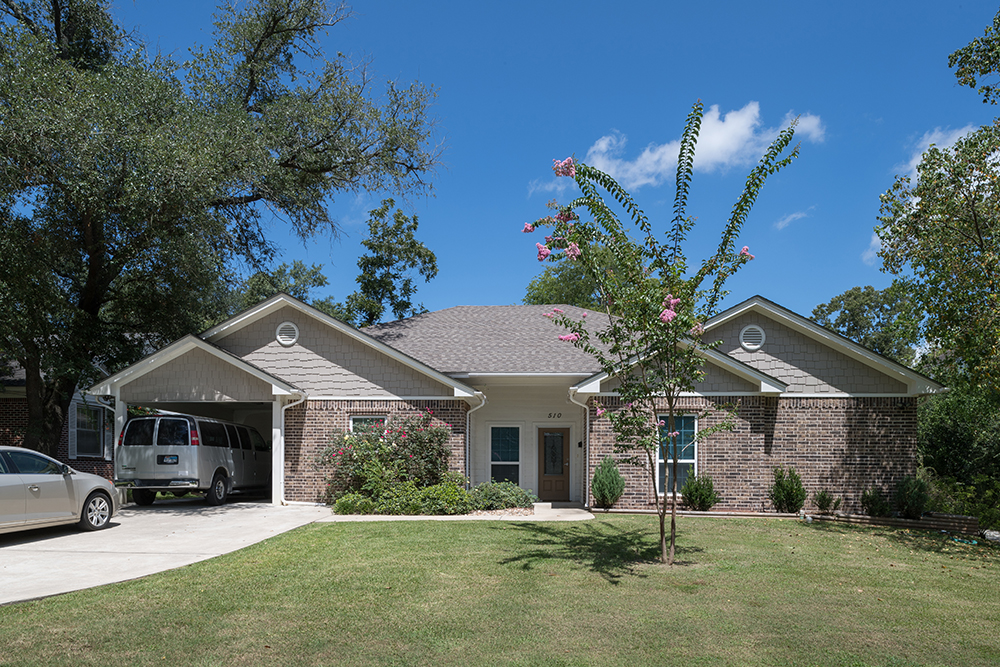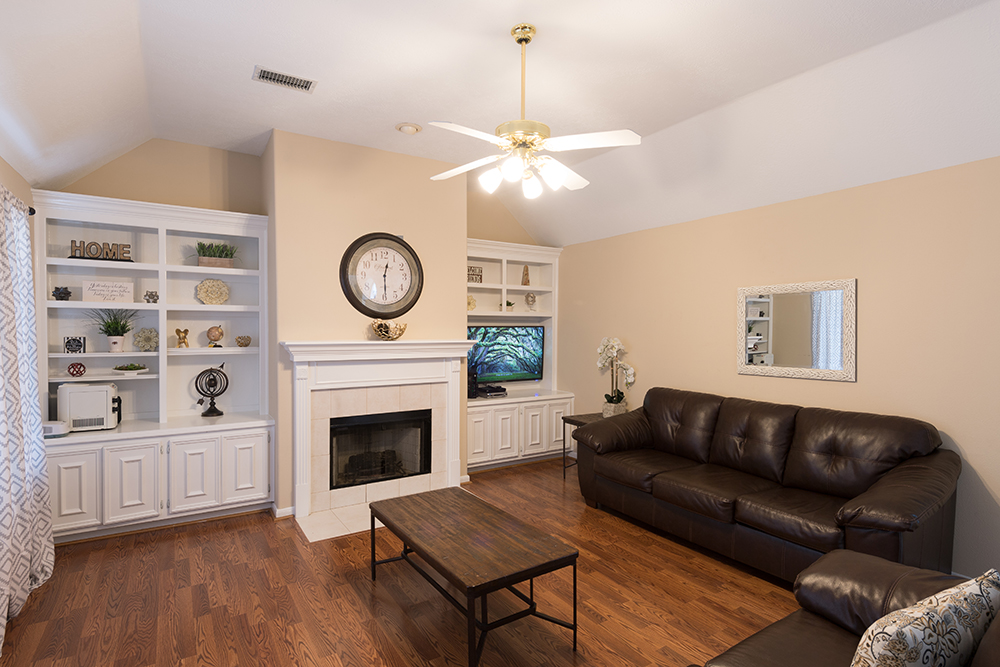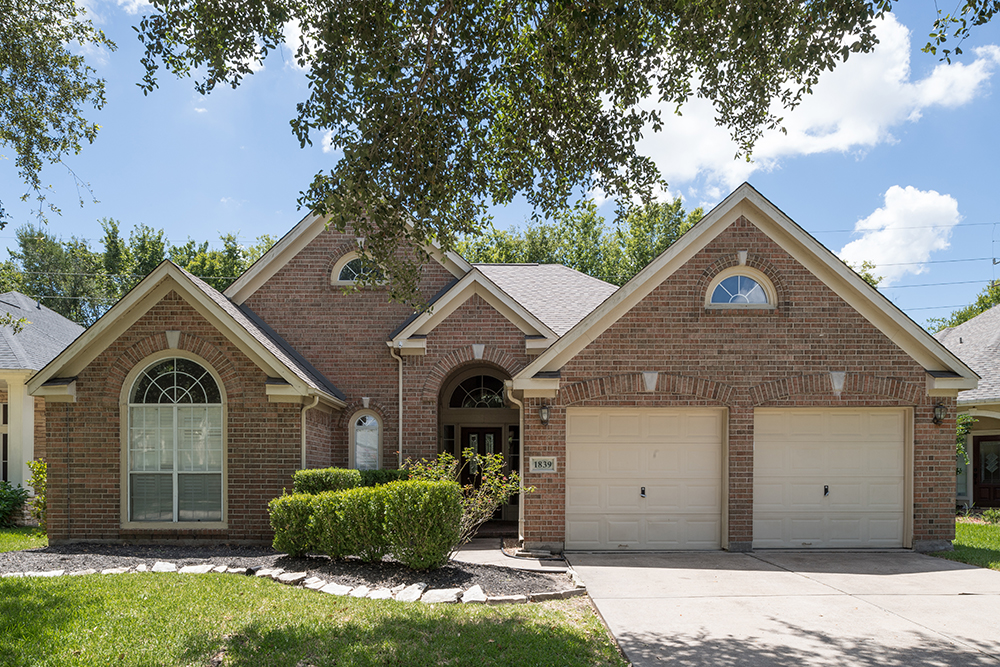CAREGIVER TEXAS
Family Of Companies
Full Array of Home and Community-Based Services
Our Texas roots in the community go back to 1978 with the opening of the Lancaster Residential Center, an intermediate care facility for individuals with developmental disabilities (ICF/ID). In the late 80’s and 90’s, seven additional ICF/ID homes were opened in Dallas County. Since then, Caregiver has grown to locations all over Texas, including Granbury, Sugar Land, Lufkin, Amarillo, San Angelo, and Abilene.
RESIDENTIAL SERVICES
NON-RESIDENTIAL SERVICES
BEHAVIORAL HEALTH
Placement Needs
Allow us to help you with any questions you have about placement here in Texas. Click Here!
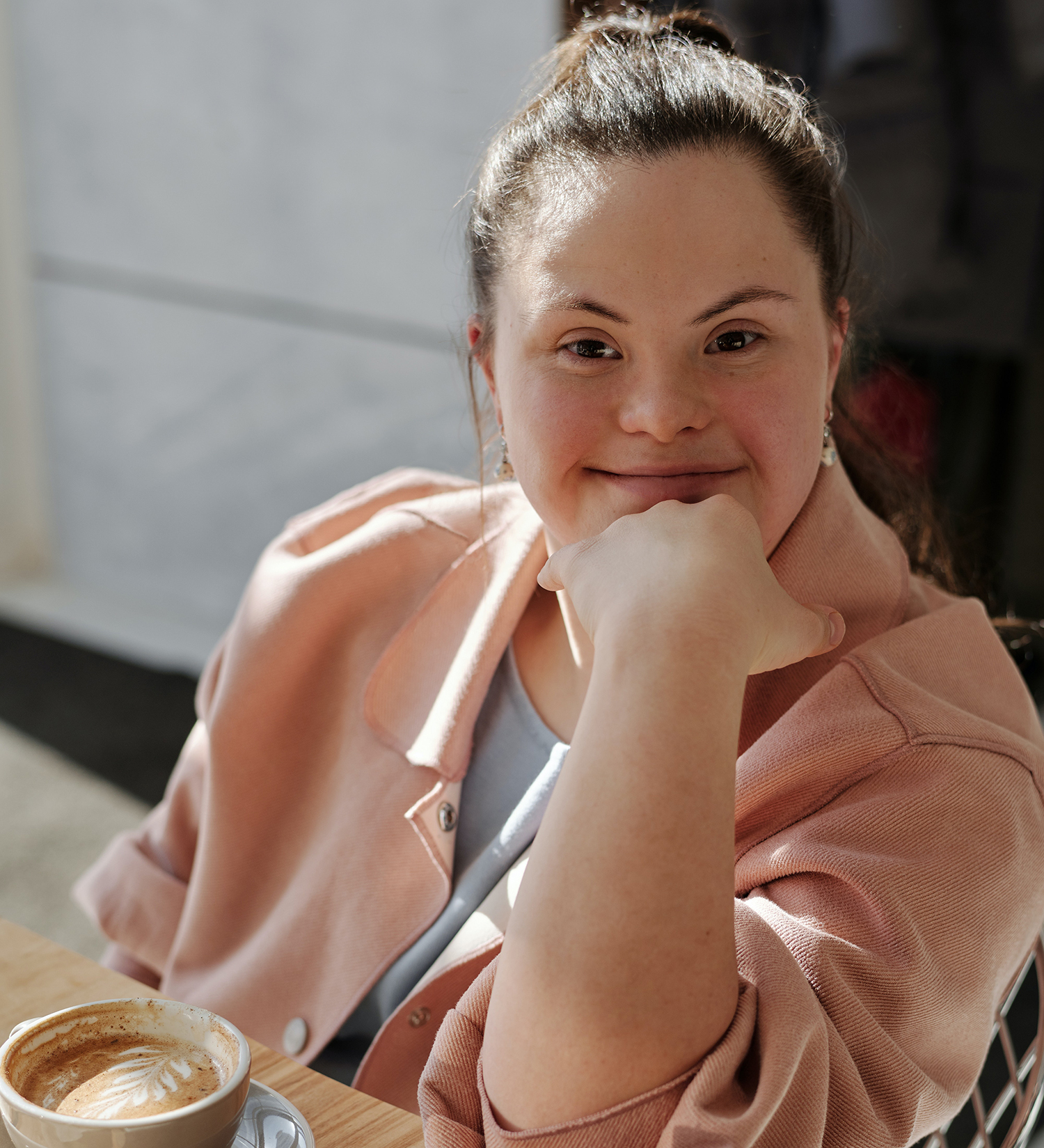
Meet Our Placement Specialist
Allow us to help you with any questions you have about placement here in Texas.

Programs and Services
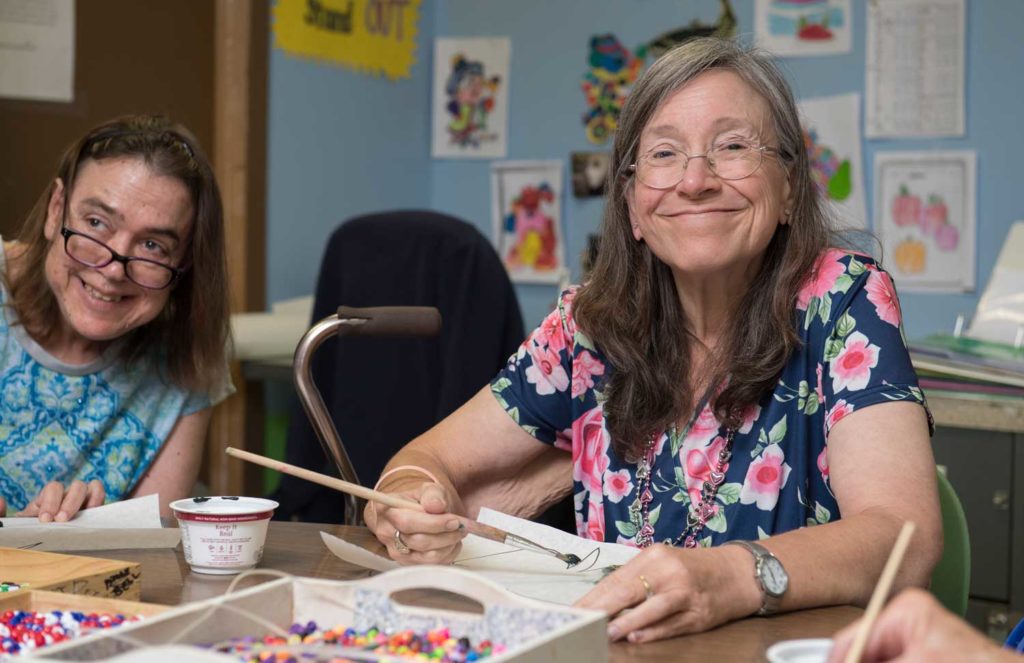
HCS Program
The home and community-based services (HCS) program promotes and maintains consumer and family involvement by providing individualized program development and community support services for individuals with an intellectual disability.
The HCS program is a Medicaid waiver program and provides services and supports to eligible individuals as an alternative to intermediate care facilities (ICF/ID) program. An individual must have a determination of intellectual disability or a related condition, Medicaid and SSI eligibility, and their Plan of Care must meet program guidelines.

ICF / IDD Program
An Intermediate Care Facility for Individuals with Intellectual Disabilities (ICF/IID) is a Medicaid-certified program that provides 24-hour care in a residential group home setting. Each resident undergoes an evaluation, and a personalized treatment plan is created to help them achieve their highest level of independence and ability.
Preview Our Homes
Additional Support Service Options
PAS/HAB: This support service option is supported by staff who coordinate and provide services to an individual living in his or her own home or the home of his or her natural or adoptive family members, or to an individual receiving host home/companion care services from Department of Family Protective Services. The individual is provided direct personal assistance with activities of daily living and coordination of community activities and skills development toward greater independence.
Case Coordination: The coordination, integration, evaluation, monitoring and service delivery of all services provided to the individual.
Nursing Services: Nursing services are provided to ensure the general health and well being of the individual. Nursing services provided by LVNs, RNs and 24-hour On-Call nursing staff.
Respite Services: Temporary, short-term and/or emergency care provided as a break for the primary caregiver. Care provided in the individual’s home or at another location.
Day Habilitation: Day activities designed to assist individuals in acquiring, maintaining and improving self-help, socialization and adaptive skills necessary to reside successfully in the community.
Psychology Services: Services are designed to develop, modify or improve the cognitive, social and affective skills of the individual through the use of behavior intervention and learning theories.
Dental Treatment: Services as determined by individual needs including emergency, preventative, therapeutic and orthodontic treatment.
Specialized Therapies: Audiology services, Speech/Language pathology services, Occupational Therapy services, Physical Therapy services and Dietary services to support the needs of the individual.
Adaptive Aids: Adaptive devices, controls or appliances, which enable persons to maintain or increase their abilities to perform activities of daily living or control the environment in which they live.
Minor Home Modifications: This component includes assessing the need, arranging for and providing modifications and/or improvements to an individual’s home to allow for community living while ensuring safety, security and accessibility.
Supported Employment: Services provided in an integrated setting to include ongoing support, supervision and training needed to sustain paid work for the individual.
Looking to Arrange Placement for Your Loved One?
If interested in becoming a Caregiver client, please fill out the form below and a team member will contact you.

